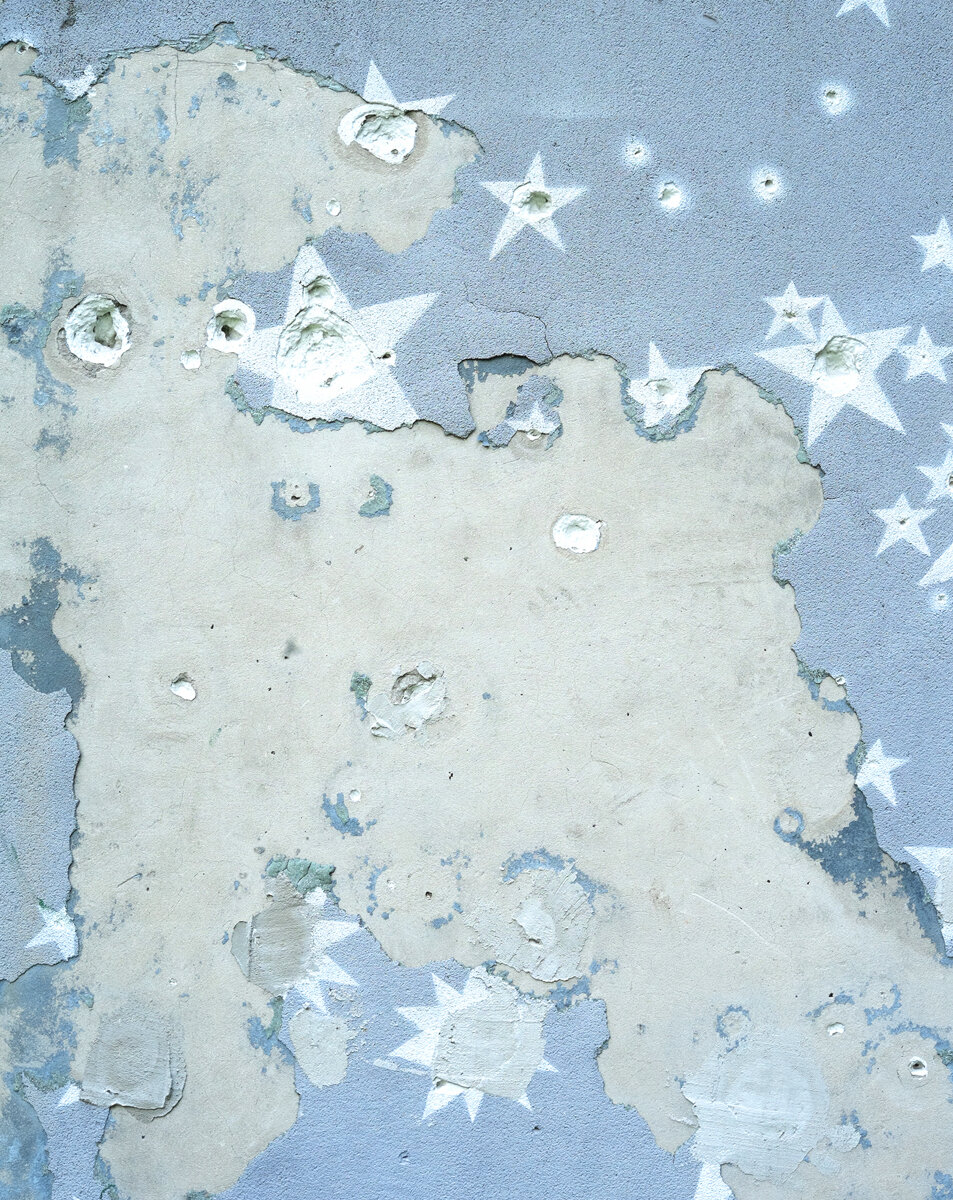Dominik Wojciechowski
Svijet | Since the Break up of the socialist Yugoslavia, expansion of nationalisms which leaded to bloody conflicts, inhabitants of the nonexistent country of Tito, are trying laboriously to build new identities. For some, it could be a national identity, strong identification with an ethnic group. Others, might not accept multi-national reality, preserving the myth of Yugoslavia caused by feeling of loss. Loss of the once great country, that coexisted happily despite many cultures. The second group is represented by the elders who were growing up in Tito’s country but their stable life was disturbed by war.
They are now, living in these separate, small countries that emerged from balkan humanitarian disaster. What keeps them alive is yugonostalgia, which is a common factor among the old generation. The other group includes people, not entirely sure of what their identity is. They are being recruited from the generation that was born during Balkan Wars or right after it and they have passed on their confusion to their kids.
While travelling around Former Yugoslavia, through the countries that are not so similar anymore, sometimes even treating each other like enemies, it is difficult not to see the common factor between these countries. Something far more deep than their shared history. It is the post-yugoslav identity and mentality that appears on different levels – both in private and collective stories. It shows up in daily decisions, in political, social, cultural life as well as collective imagination. In opposition to yugonostalgia, which is emotionally pointed to the past, post-yugoslav identity is a daily practice. It is born in-between yesterday and today, between historically rich past and the still evolving present. www.dominikwojciechowski.com



















